An environmental issue used as means for bi-communal peace building
By Tasos Karonias
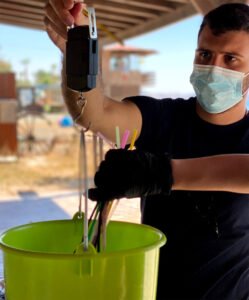
The Mediterranean sea is one of the most polluted seas worldwide, especially with regards to plastics
It is well known that marine litter is one of the biggest global threats to the health of the world’s coastal areas, oceans and fresh water with adverse consequences for our well-being and health. On the other hand, marine litter can be used as a powerful peace-building tool that has the potential to combat hatred and prejudices by encouraging cooperation. In Cyprus this applies to cooperation between the two communities of Greek Cypriots and Turkish Cypriots. A global environmental problem becomes a means for peace building. Keeping Cyprus’ seas and coasts clean and safe from marine litter provides a common, win-win target for the communities to work towards, together.
MarLitCy – Marine Litter for Synergies, Capacity-building and Peacebuilding – is a project funded by the EU through the Civil Society in Action Call. The project is bi-communal and the partners are NGO Enalia Physis Environmental Research Centre, AKTI Project and Research Centre, North Cyprus Diving Centres Association and leading partner Famagusta Walled City Association (MASDER).
The overall objective of the project is to build capacity in target groups and civil society organisations by supporting them to cooperate and build synergies that will address marine litter. This will be achieved through many bi-communal activities such as:
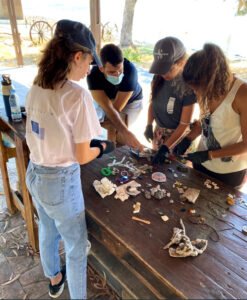
2. Fishing for Litter, an initiative will engage fishermen in the removal of marine litter caught in their fishing nets during their normal fishing operations
3. Participatory policy making, a decision-making workshop that will bring together decision-makers, experts and civil society to agree on policy actions
4. Capacity building and educational activities for children and youth with interactive presentations will take place at schools of all levels, and at universities around the island. In addition, a children’s story book on marine litter will be published and disseminated within the communities
5. Island-wide awareness-raising campaign, in which civic engagement will be triggered through attractive activities, such as the organisation of open ‘meet the seabed’ days, beach and seabed clean-ups
6. Joint competitions on marine litter will be launched involving students and youngsters across Cyprus
According to the European Commission “marine litter consists of items that have been deliberately discarded, unintentionally lost, or transported by winds and rivers, into the sea and on beaches. It mainly consists of plastics, wood, metals, glass, rubber, clothing and paper. Land-based sources account for up to 80 per cent of marine litter – these include tourism, sewage and illegal or poorly managed landfills. The main sea-based sources are shipping and fishing.”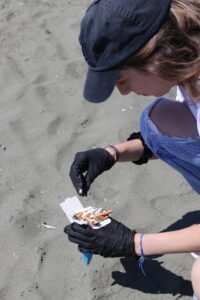
The Mediterranean sea is one of the most polluted seas worldwide, especially with regards to plastics. Based on research across 22 beaches, in seven countries in the Mediterranean, the top 5 items of marine litter recorded in all surveys were plastic pieces between 2.5cm and 50cm long (16.3 per cent of the total items recorded), polystyrene pieces between 2.5cm and 50cm long (5.6 per cent), mussel and oyster nets (5.0 per cent), plastic caps/lids (5.0 per cent) and other identifiable plastic/polystyrene items, such as plastic drink bottles (4.9 per cent).
Why is marine litter such an important issue?
According to the IUCN, the most obvious impact of marine litter and especially of marine plastics is the ingestion, suffocation and entanglement of hundreds of marine species. Many marine species mistake plastics for prey and consuming them can lead to starvation.
A less visible impact is the slow rate of degradation of plastic litter, that can release chemical, toxic contaminants and smaller pieces of plastic (pieces less than five millimetres long) known as microplastics. When marine organisms ingest plastic debris, these chemicals and toxic contaminants enter their system and overtime enter the food web. Therefore, these substances can be transferred to humans through consumption of seafood, and this is a health hazard.
In addition, marine litter contributes to global warming, degrades and damages the environment and can cause economic loss to the fishing and tourism industries.
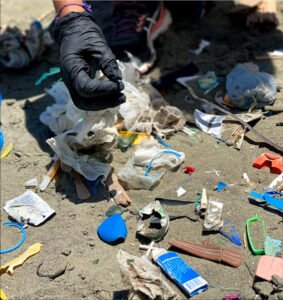
Tasos Karonias is project officer at Enalia Physis Environmental Research Centre

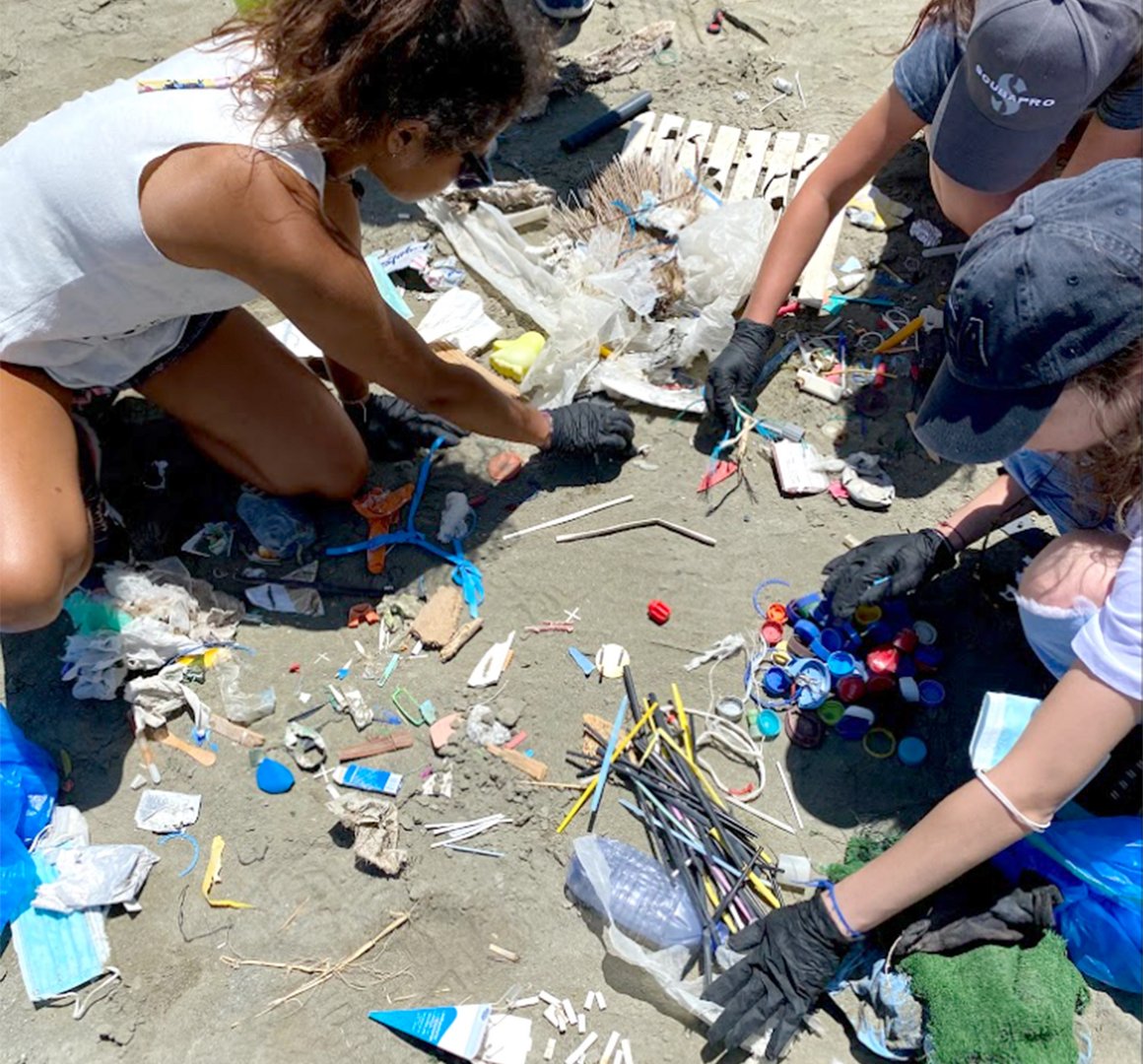





Click here to change your cookie preferences